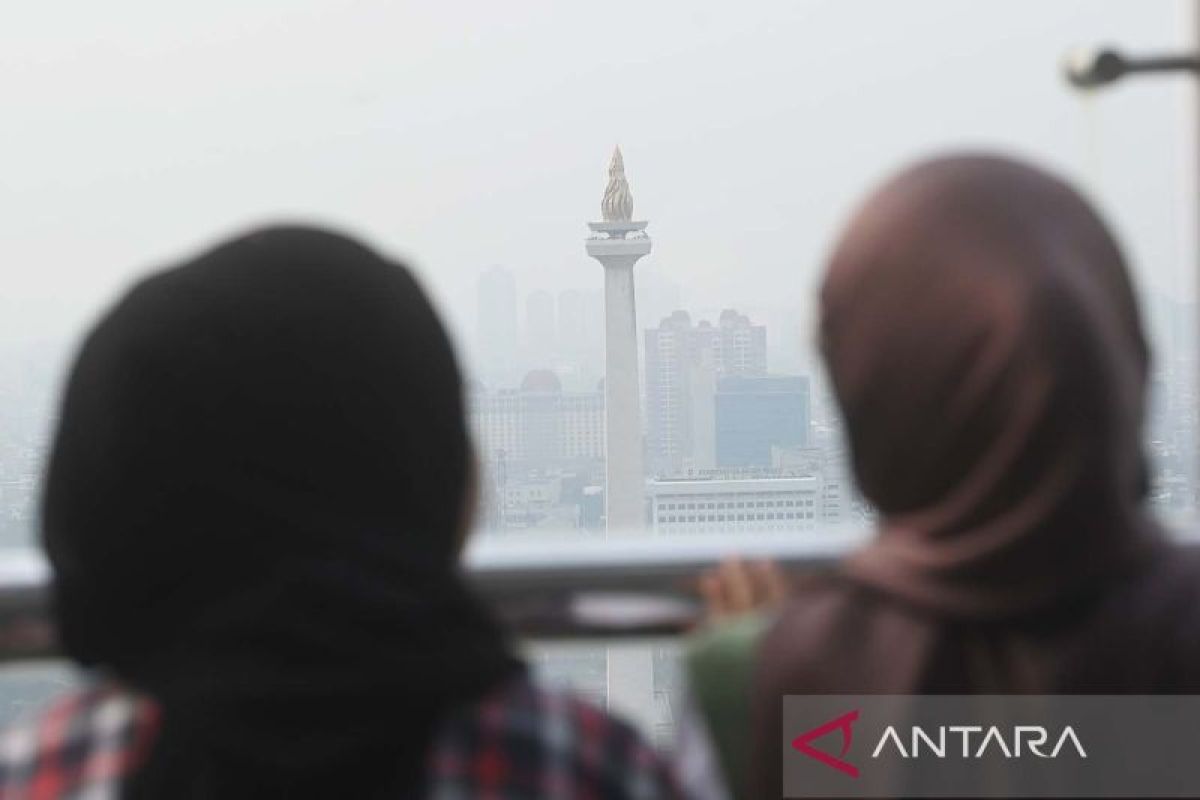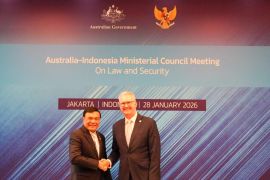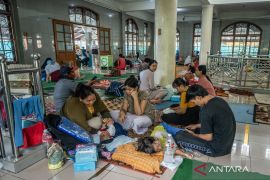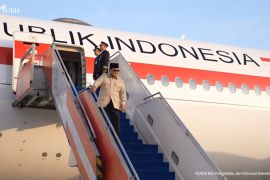It is true that Indonesia’s seat of government was relocated from Jakarta to Yogyakarta in the past. However, the relocation was conducted due to the increasingly dire security situation in Jakarta following the arrival of allied forces along with the Netherlands Indies Civil Administration (NICA).
At that time, Indonesian leaders saw the arrival of foreign forces as a threat. In fact, the allied forces attacked the car of Indonesian Prime Minister Sutan Sjahrir.
President Soekarno too sensed insecurity, and the situation at that time forced him to keep moving to avoid Dutch intelligence agents.
In response, he and Vice President Mohamad Hatta decided to relocate the capital city to Yogyakarta on January 4, 1946. Jakarta regained its capital city status about four years later.
It is important to note that during the pre-independence era, the Dutch colonial government had planned to transfer the capital city from Batavia (Jakarta) to Bandung, West Java.
With all that in mind, it is safe to say that the capital city relocation is not new for Indonesia.
The current government has planned to execute the transfer of the capital city to Nusantara in East Kalimantan during the commemoration of the 79th anniversary of Indonesia’s Independence Day on August 17 this year.
From DKI to DKJ
Once Nusantara becomes the capital city, the current seat of government will be declared the Special Region of Jakarta (DKJ).
At a plenary meeting held on March 28, 2024, the House of Representatives (DPR) passed Law No. 2 of 2024 concerning the Special Region of Jakarta. President Joko Widodo then signed the law on April 25.
With the ratification and signing of the DKJ Law, it is only a matter of time before Jakarta officially changes its status from Capital City Special Region (DKI) to DKJ.
The DKJ Law is expected not only to allow Jakarta to retain its status as the national economic center but also to propel it to emerge as an ever-growing global megapolitan.
It should be noted that Article 63 of the law mandates the president to issue a follow-up decree to officially transfer the capital city status to Nusantara. Therefore, Jakarta is still serving as the seat of government for now.
Jakarta's fate
The discourse on the capital city relocation has raised concerns among members of the public about the fate and future of Jakarta after losing its privilege. Some feared that Jakarta would lose its appeal as a major city along with its capital city status.
Ridwan Kamil, a curator of Nusantara's development who once served as Governor of West Java, observed that the capital relocation would not have immediate impacts on activities in Jakarta.
“After Nusantara gains the status of a capital city, activities in Jakarta will not change so much,” he remarked.
He assessed that it might take decades for the capital relocation to significantly affect the activities and lives of Jakarta's citizens.
The architect then said the main challenge that Jakarta will face in the next five years is related to climate change. In this context, he affirmed that Jakarta's future leaders should invest even greater efforts to protect the city from the adverse effects of climate change.
Climate change has indeed affected the air quality in Jakarta, as evidenced by the fact that acute respiratory infections account for nearly 60 percent of cases of diseases in the city.
Kamil also underscored the need for Jakarta to pay special attention to its livability, including by providing proper and adequate infrastructure and facilities for pedestrians.
Meanwhile, President of the Eastern Regional Organization for Planning and Human Settlements (EAROPH), Emil Dardak, opined that in order for Jakarta to maintain its economic might, the city must continue to provide its citizens with affordable houses in its center.
“Affordable flats in the city center can help Jakarta maintain economic activities and make them more efficient,” he remarked.
He remarked that the absence of such residences in its center might make Jakarta a ghost town after dark.
A study conducted by the EAROPH outlines four measures required by Jakarta to preserve its status as a megapolitan. First, the city must broaden its functions, becoming more than a center for shopping and office zones.
Second, it is vital that Jakarta maintain its internal accessibility by facilitating the mobility of its citizens with proper roads, on-point urban planning, and reliable transportation systems.
Third, Jakarta needs to maintain its economic interconnectivity with Bogor, Depok, Tangerang, and Bekasi.
Last but not least, Jakarta should be able to remain an inhabited city despite losing its capital city status.
The days of Jakarta being a capital city are numbered. Some fear that the loss of the capital city status will lead to a decline in its income.
That issue, however, is not the only challenge that Jakarta will be facing in the near future. Plenty of work awaits the city.
Only by overcoming all the obstacles ahead will Jakarta actualize its vision of emerging as a global business city.
Related news: DKJ Law is the best for Jakarta Province: Acting Governor
Related news: DKJ Bill to help make Jakarta world-class city: home minister
Translator: Khaerul I, Tegar Nurfitra
Editor: Anton Santoso
Copyright © ANTARA 2024












